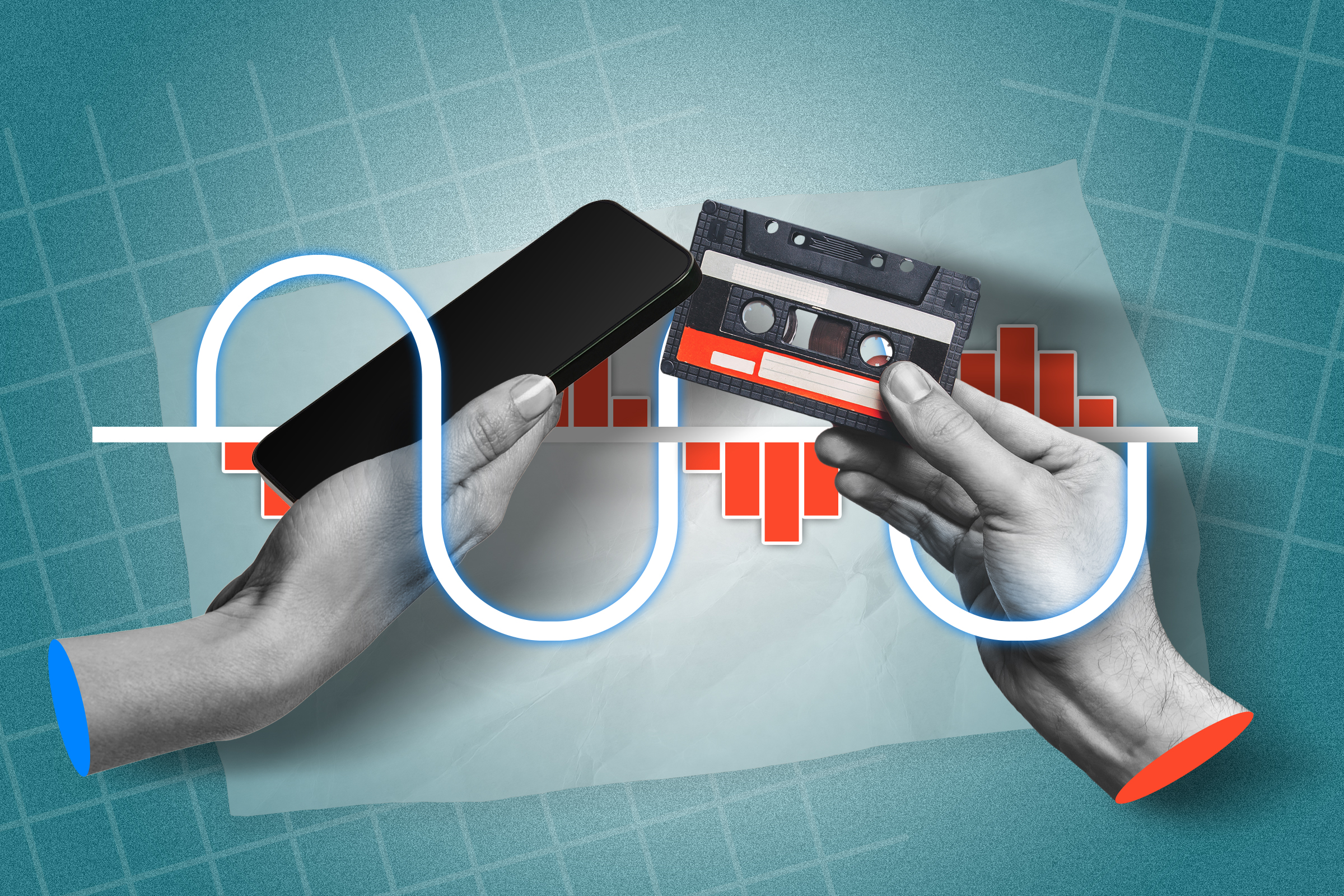You may have noticed that there’s been a resurgence in the popularity of music on vinyl, and even new albums are often released in this format. So record players are now readily available, but why on earth would some offer Bluetooth?
Vinyl Audio Is Meant To Be About Analog Sound, Right?
The big selling point of listening to music on vinyl records a quarter of the way through the 21st century is the appeal of analog audio. Audio on a vinyl record is represented by a cut groove that directly mimics the original waveform. It’s a direct analog to the recorded sound, so it presumably reproduces that original sound in a faithful way.
It’s a commonly held belief, which you’ll see on audiophile forums all over the web, that digital audio sounds “sterile”, “cold”, and even “choppy”. That last one probably alludes to the fact that digital audio is “sampled”, with the recorded audio being measured at intervals, from which the waveform is reconstructed during playback. However, CD audio is sampled just over 44 thousand times a second, which has been determined to encompass the range of what humans can hear. These days, high-quality digital audio far exceeds CD audio specs, so objectively, no person should be able to perceive the difference between a lossless digital recording and analog recordings.
If you want a great breakdown of why vinyl is objectively an inferior medium to high-quality digital, watch this excellent video by real engineering. Trust me, it’s worth a few minutes of your time. Especially since it will give you insight into what the real reasons are for people preferring the sound of vinyl audio on a subjective level.
Also, modern music on vinyl was recorded, mixed, and mastered digitally. So doesn’t that mean you’ve just put that “choppy” and “sterile” digital audio onto a vinyl?
But this isn’t about whether vinyl audio is actually better than digital audio, it’s about the claim that people prefer vinyl because it sounds better, and that the reason it sounds better comes from its analog nature. Which brings the idea of a Bluetooth record player into sharp relief.
Bluetooth Butchers Audio by Design
Now, before you get the pitchforks out, high-quality Bluetooth audio sounds just fine. Like most people, I consume most of my music and other audio through the filter of Bluetooth, and it sounds great. I daily-drive Airpods Max and even using a wired connection, these headphones don’t support lossless audio at all.
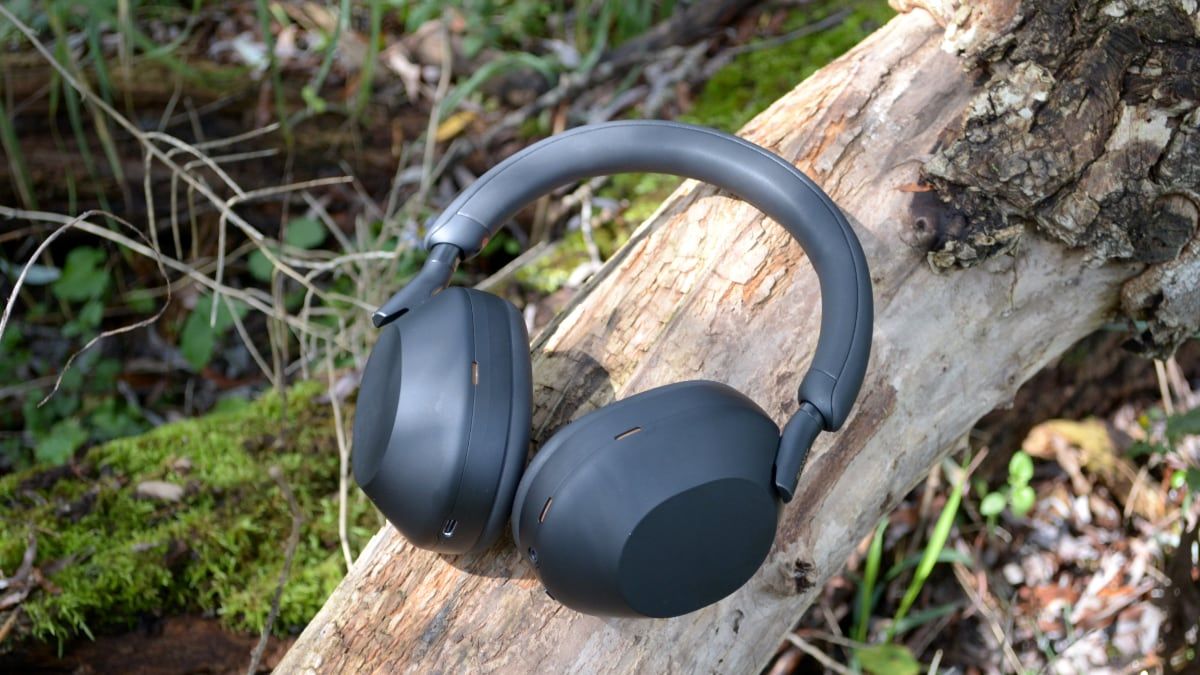
Related
Lossless vs. Hi-Res Audio: What’s the Difference?
And which one is more important if you’re looking for the best listening experience?
The Bluetooth codec is designed to compress audio data so that it can be transmitted wirelessly in a power-efficient way. Bluetooth doesn’t have much bandwidth, so it has to use clever nips and cuts to the audio data to get the right balance of quality, performance, and latency.
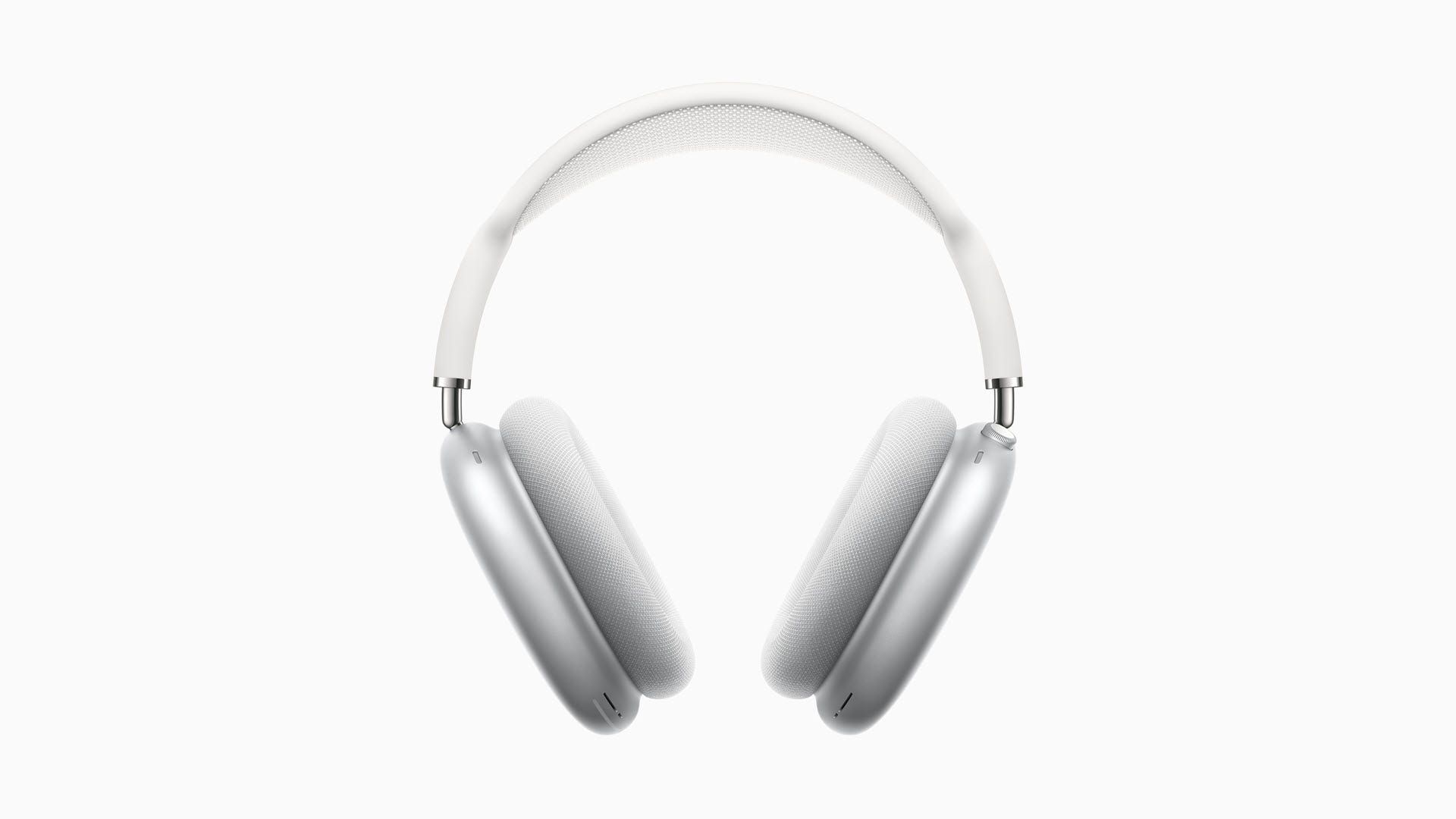
Bluetooth does not reach the technical quality of CD audio, but through the magic of psychoacoustics your brain shouldn’t notice the difference and, indeed, to my plebian ears music sounds great on all of my Bluetooth headphones.
However, undeniably, running your vinyl through Bluetooth destroys vinyl’s supposed key selling point. There’s no arguing that. So is there any point to having this feature?
The answer to that question, in my opinion, is a resounding “yes”. That’s because perceived audio quality isn’t the only reason to own a turntable. There are thousands of records that are only available on vinyl, or have vinyl versions that have not been reproduced. If someone comes into possession of a vinyl collection, they may just want some way to play that media without buying dedicated gear to connect to that player.
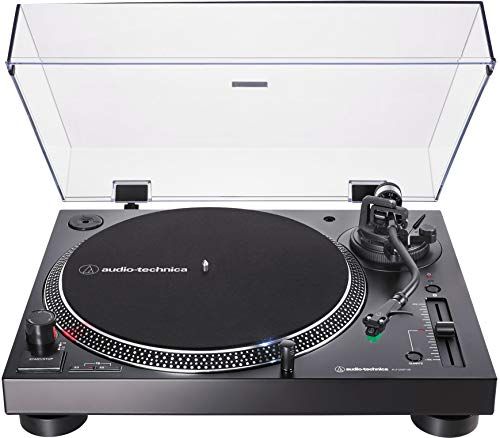
Audio-Technica AT-LP120XBT Wireless Direct Drive Turntable
It’s a Neat Decorative Piece (And Super-convenient)
Just like a lot of people buy the vinyl pressings of new albums to collect and display them, a turntable is also just a cool piece of tech to display in your home.
If it offers a Bluetooth option, you can place it anywhere, and make use of the speakers you already have. For example, my TV’s soundbar is probably the best speaker I have in our shared living space, so we tend to cast audio to that one speaker from whatever source someone might have. If I had a Bluetooth turntable, that’s exactly what I’d do.
It also makes it easy to move the turntable around, or take it with you to a friend’s house who already has a BT speaker you can use. It’s far more convenient than lugging an amp and speakers with you.
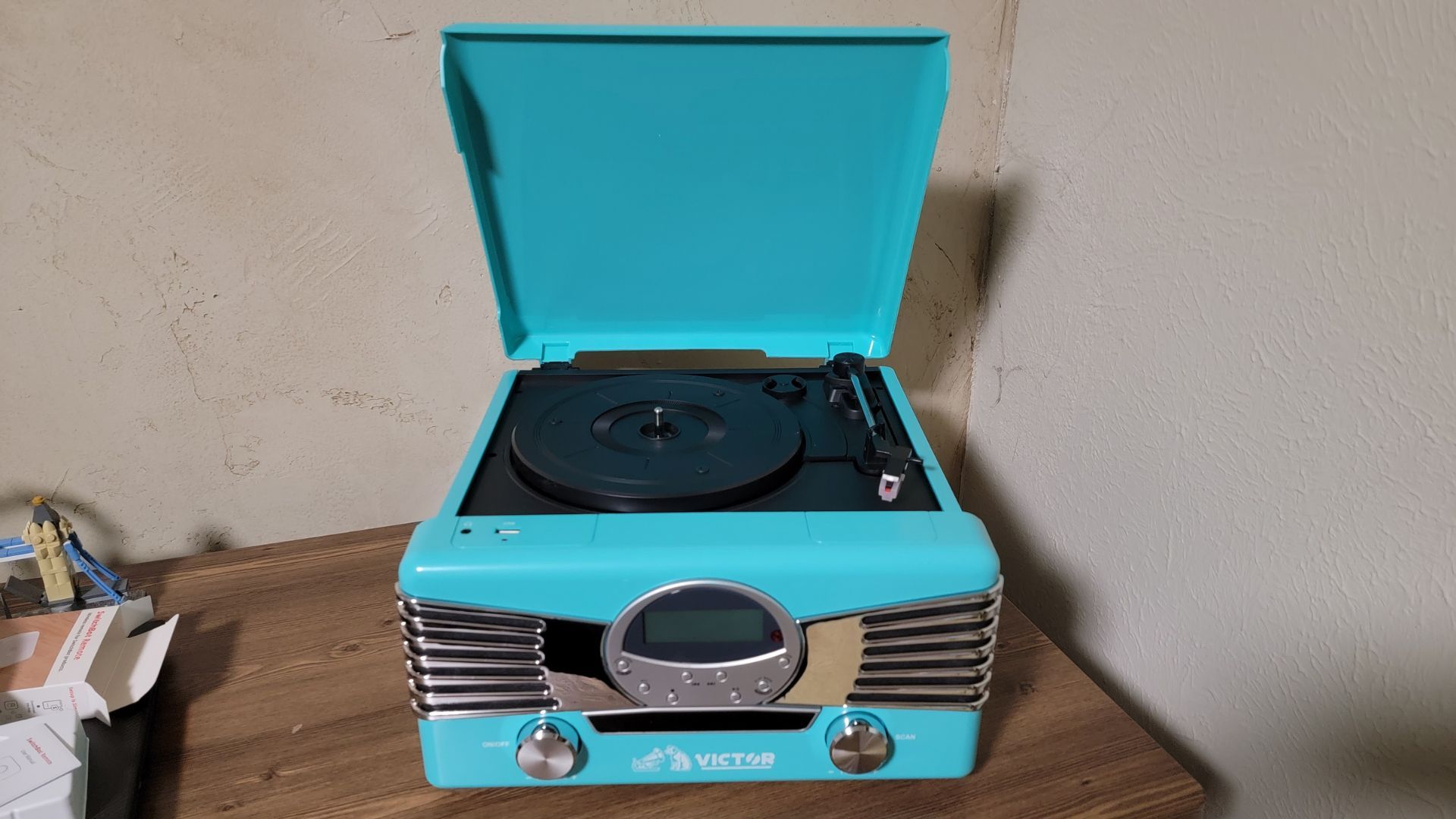
Related
5 Reasons to Skip the Suitcase Record Player (And What to Buy Instead)
This suitcase is not filled with joy.
You Still Have the Option To Wire It Up
In virtually all cases, Bluetooth-enabled record players offer this as one option of many. You can still wire it up using a normal analog audio connection, so apart from the small price premium of adding a BT module, there’s no real downside here. While a Bluetooth record player might sound like an oxymoron, it does make sense.
While I don’t personally buy into the audio quality claims vinyl aficionados make, I am a strong proponent of media preservation, and Bluetooth audio makes people more likely to use record players and thus more likely to preserve vinyl media that might not exist elsewhere. Which I think is a great thing, even if it makes audiophiles feel icky.


